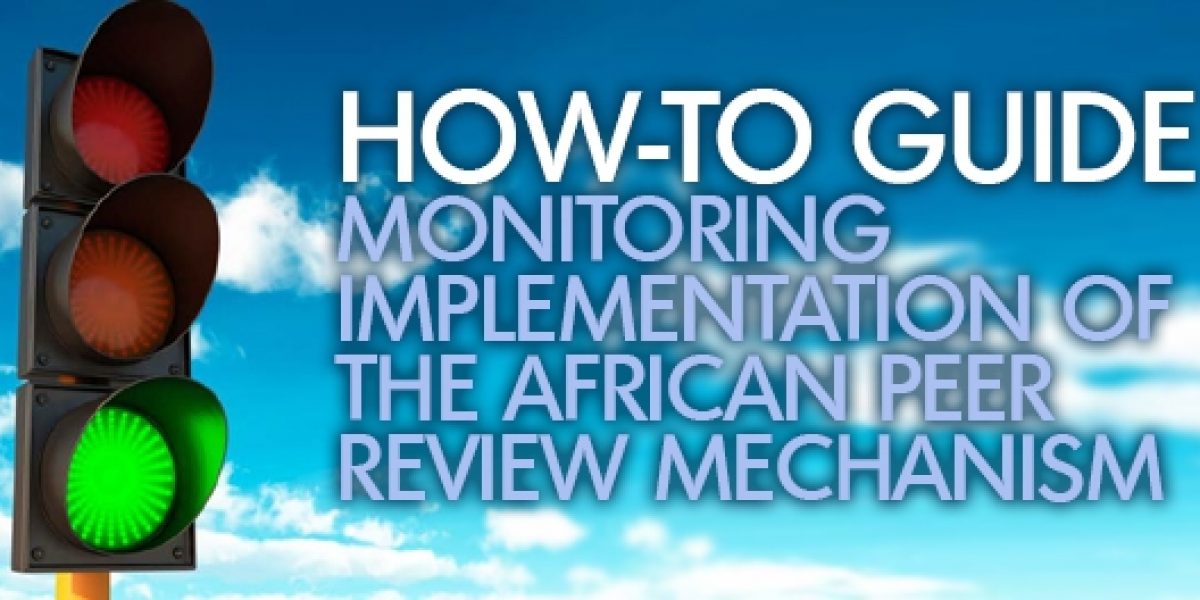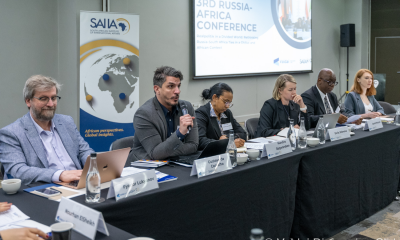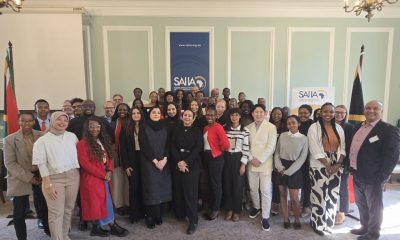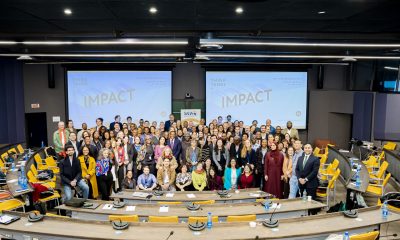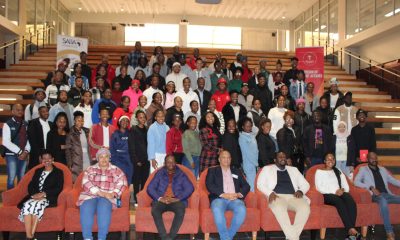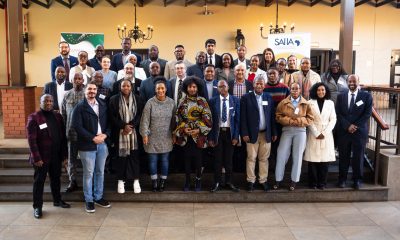Yet what is civil society and what does it need to do to contribute meaningfully and enhance democratic elements of the country’s politics and governance practices? While there are many definitions of ‘civil society’ the most common one is that of groups that occupy the space between the state and the public. These groups consist of citizens who monitor the state’s activities and exercise pressure in order to achieve certain policy outcomes.
In Africa, their ability to do so varies from country to country and is often constrained by existing legislation.
For instance, according to newly-passed laws in Ethiopia, civil society organisations (CSOs) who derive the majority of their funding from outside the country are classified as ‘foreign Non-Governmental Organisations’ and are prohibited from working on contentious issues of governance and democracy. Even where such laws do not exist, governments and civil society tend to view each other with suspicion.
One process that allows for increased dialogue and normalisation of debate between governments and non-state actors is the African Peer Review Mechanism (APRM), established in 2003. It is an all-encompassing review of governance practices in participating countries, and seeks to bring all stakeholders, including government, civil society and business, together. The aim is to identify existing issues in a Country Review Report and then ameliorate these through a National Programme of Action (NPoA).
However, the extent of civil society engagement varies greatly between during these two stages. The country review indeed tends to be inclusive of non-state actors and many countries have already benefitted from the opening up of political space and normalisation of debate about governance, through the APRM. However, in spite of the provisions contained in the official rules and guidelines, the implementation of the NPoA as well as the monitoring and reporting of it remains vested solely in the government’s domain.
According to Former South African President Mbeki, the APRM is ‘a country review rather than merely a review of government performance. This is simply because national development in any country is driven by a variety of social forces, and not just the government.’ Input of civil society into the APRM is crucial and must be seen as an end in itself. Participation of CSOs can ensure greater objectivity of the results by providing an alternative voice to the government of the country under review.
Based on its previous experiences of monitoring the APRM implementation in South Africa and Lesotho, the South African Institute of International Affairs (SAIIA) published a How-To-Guide for civil society to replicate this exercise. Launched in Lusaka, Zambia during a workshop on 20-21 August 2014, this How-To-Guide describes, in five easy-to-follow steps, how civil society can monitor and report on the implementation of the APRM NPoA.
Click here to download the new Guide, ‘Monitoring Implementation of the African Peer Review Mechanism: A Civil Society How–To Guide.’
This is also available in French and in Portuguese.
Civil society reviews in South Africa and Lesotho resulted in increased media coverage, debate, engagements with government and an overall reinvigoration of the process. They also highlighted the passion of non-state-actors on working on governance issues and improving the lives of fellow citizens through the APRM. SAIIA hopes that CSOs throughout the continent will be able to use this How-To-Guide to similarly increase their engagement in the APRM.

